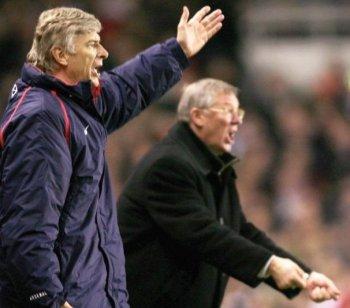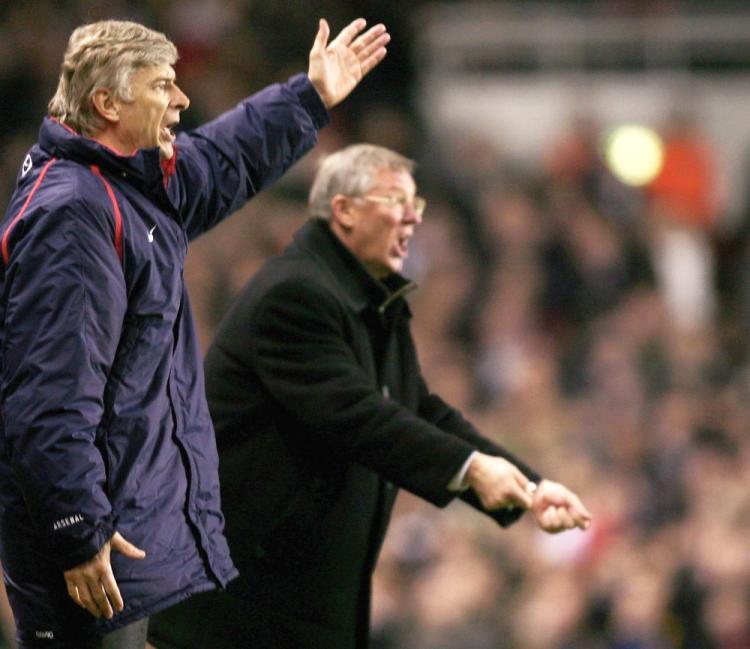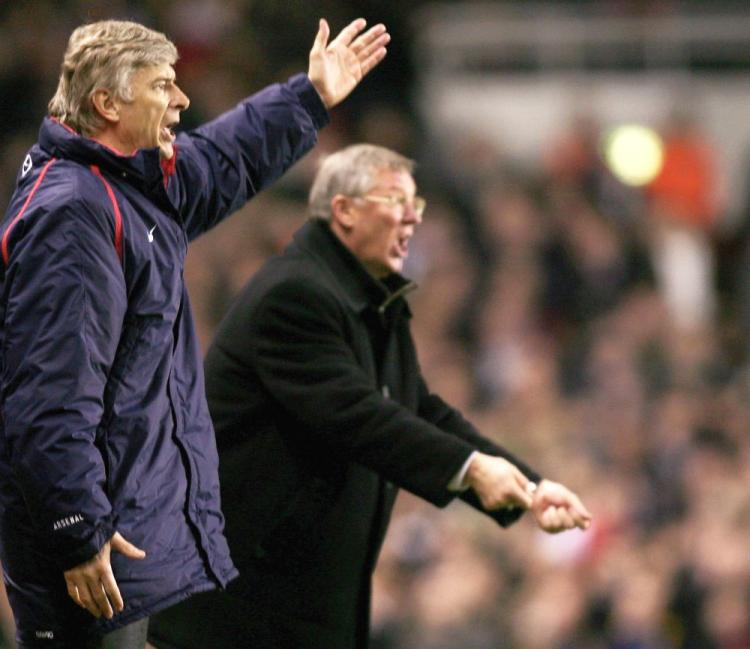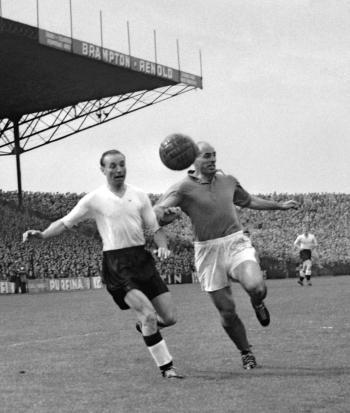Ferguson and Wenger Set the Example
Who can be called a great manager of English football in today’s world of the quick fix?

Arsene Wenger (L) and Sir Alex Ferguson are anomalies in the English Premier League, given the their long tenure with their respective clubs. Ben Radford/Getty Images
|Updated:




